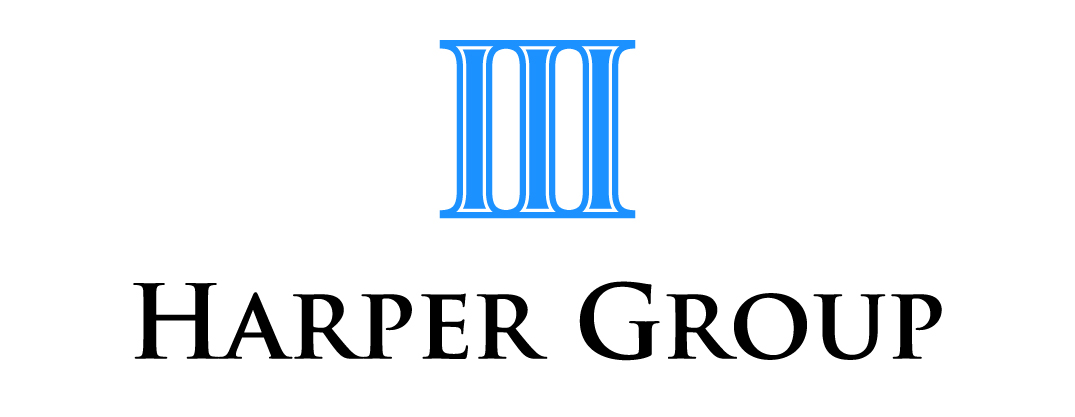ATO takes aim at ‘you-scratch-my-back’ auditing arrangements
It has long been an accepted standard that the auditor of an SMSF needs to be independent of that fund, and be a third party entity to the SMSF.
This requirement is written into the relevant legislation. There have of course been breaches of this requirement, and instances where auditors and/or fund trustees have suffered administrative penalties or even disqualification for non-compliance in this area.
The more blatant breaches of the requirement to use a third party auditor involve someone auditing their own SMSF, or the fund of close family members. But another concern for the ATO relates to auditors who enter into arrangements that reflect that old idiom “you scratch my back, I’ll scratch yours”. The ATO has labelled these as reciprocal auditing arrangements, and has issued a warning about them.
It says that such arrangements arise where two or more auditors, each with their own SMSFs, agree to audit the other’s fund. The ATO likens the situation to the scenario of a two-partner practice where one partner takes on the work of auditing an SMSF of which the other partner is trustee.
In the view of both the ATO and ASIC, there is no realistic safeguard available for these very cosy arrangements, and no other way to view them than being non-independent.
But the ATO has also identified another form of a reciprocal arrangement that it is taking active steps to closely scrutinise. This is where there can be two accounting practitioners who are also SMSF auditors. They each offer services and prepare the accounts for a number of SMSF clients, and come to an understanding that each will audit the funds that are on the other one’s books.
The concern the ATO has (and ASIC agrees with it) is the threat to independence from these reciprocal arrangements. The ATO says the problems that can arise include:
self-interest – an SMSF auditor may be influenced to vary their audit opinion or not report a contravention if they perceive this will influence the outcome of the audit on their own fund or if they fear a potential loss of business as a result
familiarity – an SMSF auditor having a close relationship with, or a high regard for, the other auditor may be influenced to ignore certain issues or to undertake a cursory and inadequate SMSF audit
intimidation – the other auditor’s knowledge or their industry contacts may influence the auditor to not report certain issues and to apply less scrutiny to the audit.
The ATO has indicated that approved SMSF auditors who continue to engage in reciprocal auditing arrangements will be subject to increased scrutiny. It warns that referral to ASIC may result if it considers SMSF auditors have failed to meet independence requirements.
Harper Group Pty Ltd – Chartered Accountants Frankston - Ph 9770 1547
Disclaimer: All information provided in this article is of a general nature only and is not personal financial or investment advice. Also, changes in legislation may occur frequently. We recommend that our formal advice be obtained before acting on the basis of this information.
Please note we at Harper Group Pty Ltd are not licensed to provide financial product advice under the Corporations Act 2001 (Cth)and taxation is only one of the matters that must be considered when making a decision on a financial product, including on whether to make superannuation contributions. You should consider taking advice from the holder of an Australian financial services licence before making a decision on a financial product.
